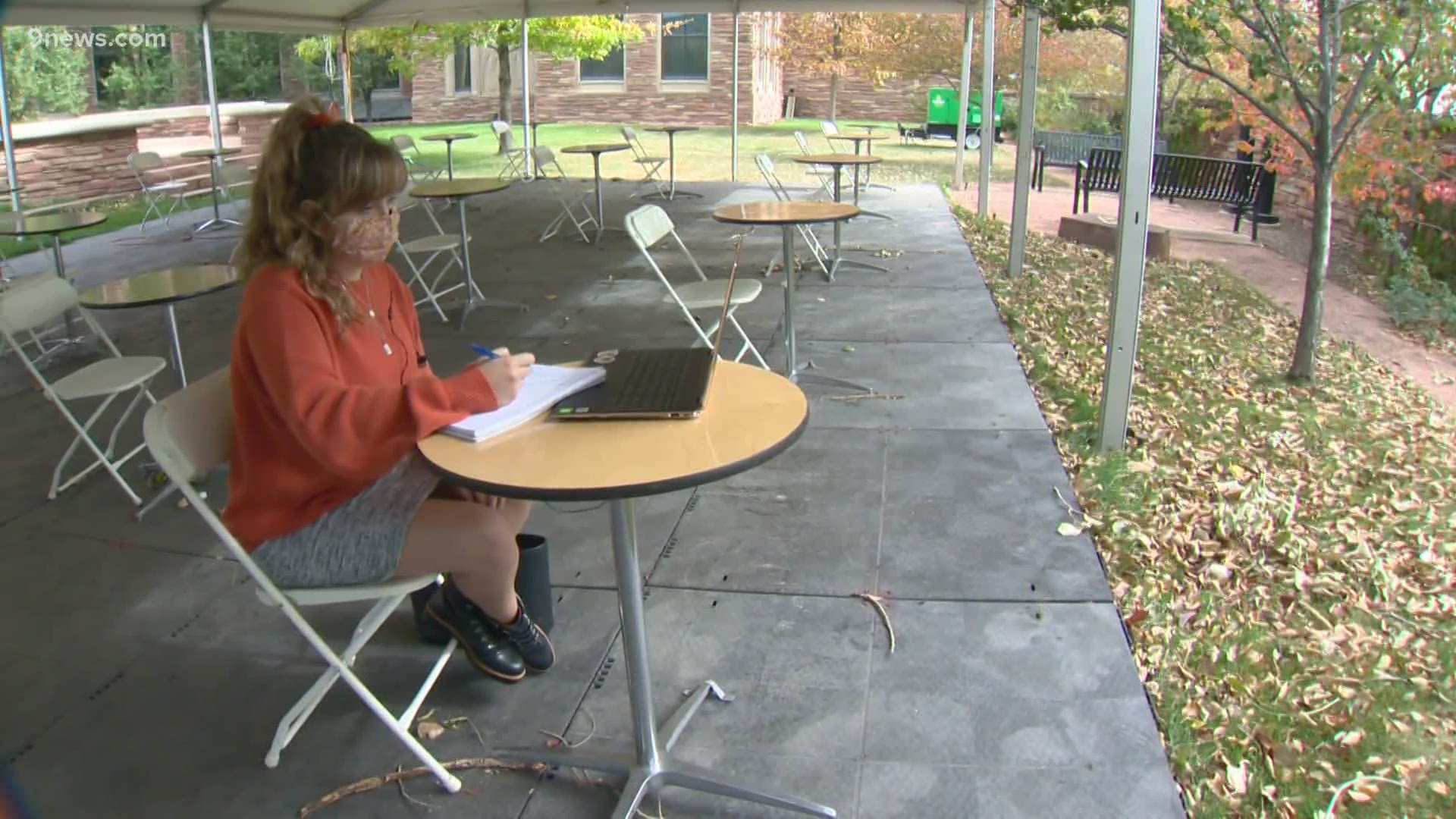DENVER — The Denver Scholarship Foundation (DSF) has been turning college dreams into reality for thousands of Denver Public Schools (DPS) students the past 14 years.
The group helps about 7,500 students through Future Centers, which serves 22 DPS high schools. The goal is to provide tools, knowledge and financial resources necessary for education after high school to DSF scholars like Jocelyn Gonzalez.
“In high school, there were so many amazing resources,” Gonzalez said. “At the DSF Future Center, so many people were there that understood you didn’t know what you were doing.”
“About 88% of our scholars are first-generation,” said DSF CEO Lorii Rabinowitz. “We work closely with every senior in the high school to talk about the best academic, financial and social fit post-high school so that our students are set up for success.”

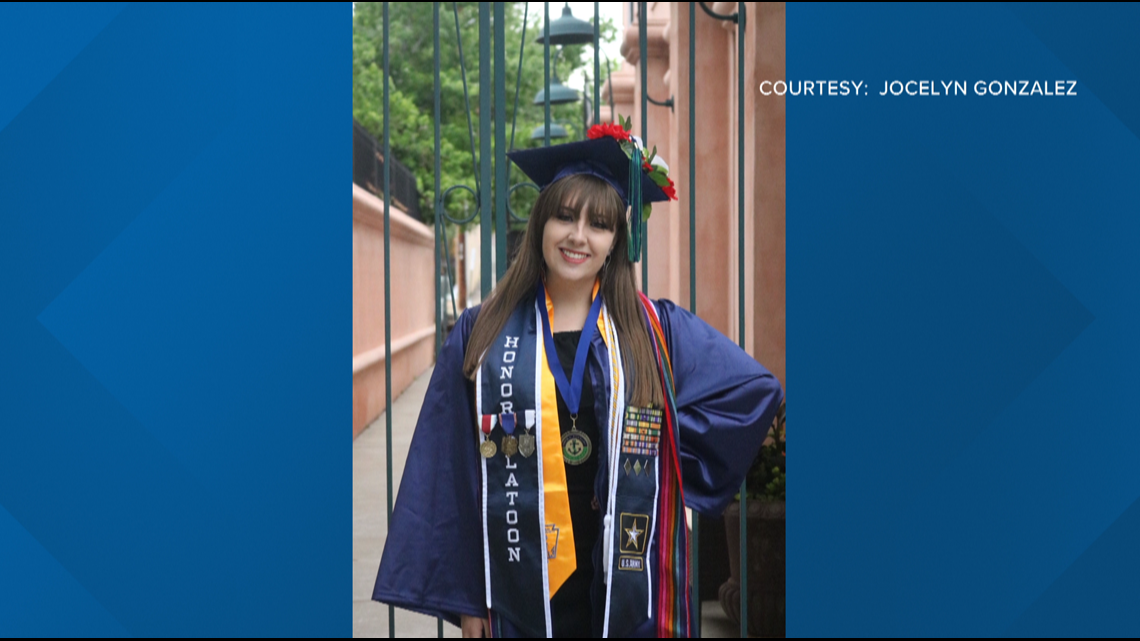
Gonzalez is a DSF Scholarship award winner and a first-generation student from Denver. She recently graduated from John F. Kennedy High School with her best friends, who are also the first in their families to go to college. Gonzalez has been trying to stay in touch with her best friends by sharing stories about their first semester of college.
“Talking to them about it, it’s just great to know we all [are] in similar places, but we’re all getting through it,” she said.
Her parents are both from Jalisco, Mexico and moved here in 1998 with hopes of a better life for their children.

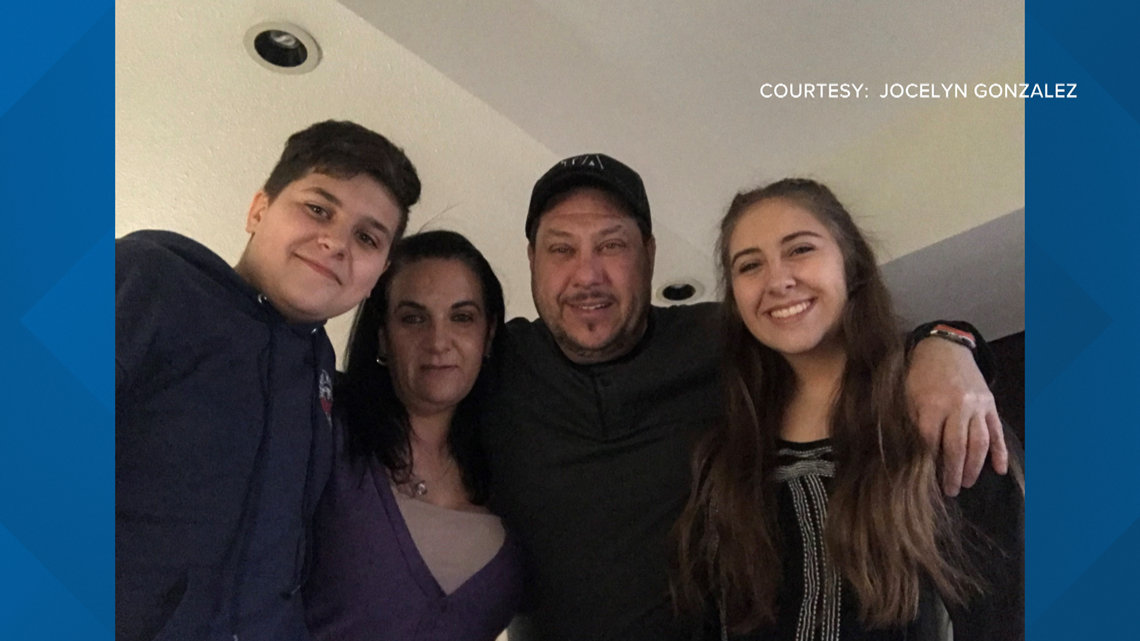
“They had a lot of tough times growing up,” Gonzalez said. “My mom stopped going to school around sixth grade, and my father got to eighth grade before he had to leave school as well.”
Gonzalez is now halfway through her first semester at University of Colorado-Boulder majoring in architectural engineering. She’s enrolled as a full-time student taking 16 credit hours, living on a campus that recently moved back to remote learning because of the COVID-19 pandemic.
“Needing that communication with professors and not being able to get it, it just makes classes a little harder, and asking for help makes it a little harder,” she said. “I think with in-person learning, it kind of helps ease that fear because you get to know people more personally, feel more welcome like you actually are on campus and your part of the campus, not just a student for a giant school.”

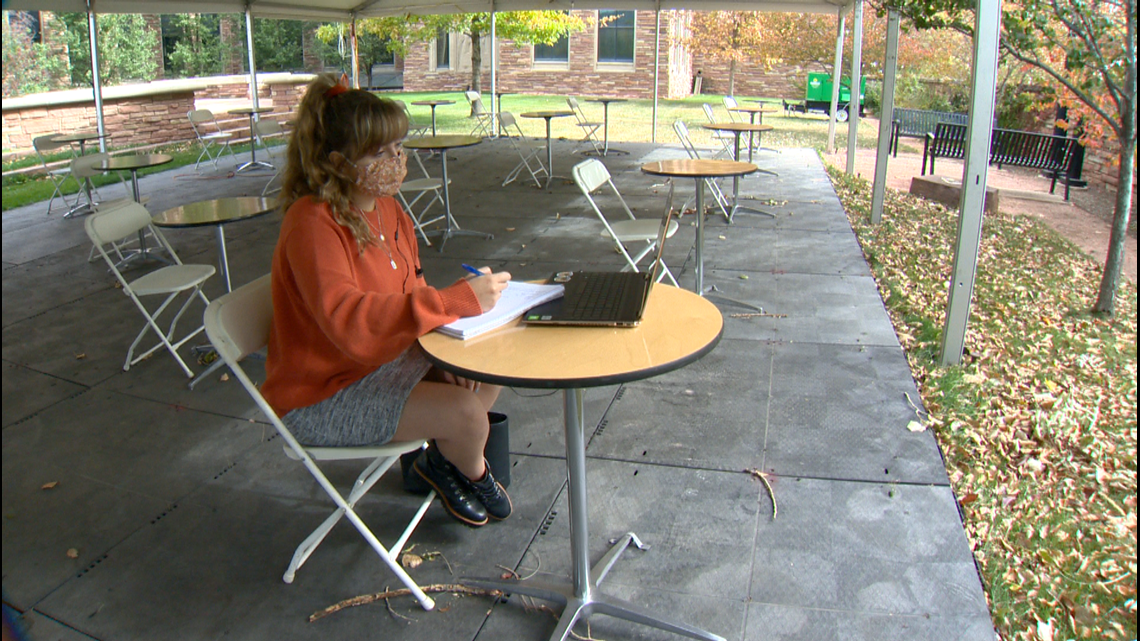
Gonzalez said she’s fitting in better at her new school after having second thoughts about going away to college. She knew that she wanted to stay closer to home so she can continue to help her parents, but was concerned about the financial burden of tuition along with room and board. It’s a challenge some first-generation students face going into college.
“I was so concerned with everything…COVID, first-generation, being on a huge campus like this,” she said. “There are certain things that as a first-generation student you have literally no idea how to do, but people just assume you do, so it’s a little hard…just a little more advocating for ourselves.”
“I think the pandemic has made things more challenging for students,” said Rigo Rangel, student services manager for the Latin American Educational Foundation (LAEF). “We’re having to help students navigate that relationship and their living situations so they could continue to do their work, continue to participate in classes, be successful, but at the same time, also figure out ways that they could continue to support their parents.”
LAEF focuses on providing Hispanic and Latino students access to higher education. Rangel said these are some of the hurdles he’s seeing some first-generation students face when they enroll in a primarily white institution.
“Some of the things that we’re encountering is differences in academic expectations, time management, also some 'imposter syndrome' where primarily students of color encounter feel that they’re undeserving of where they are…that their achievements feel like it’s still not enough,” Rangel said.

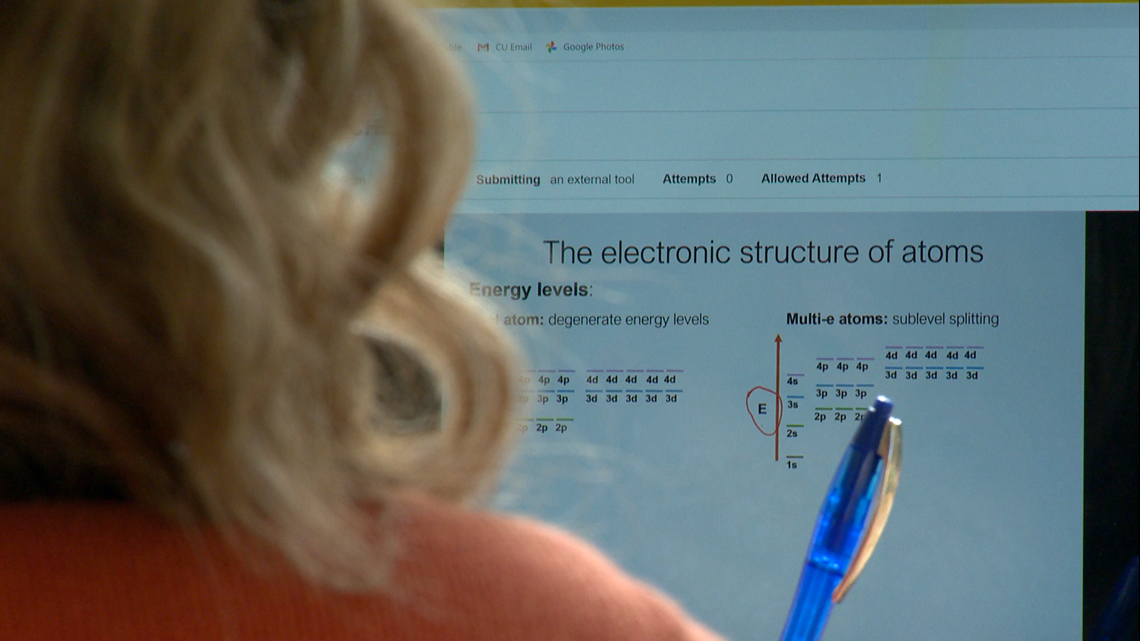
“I feel like it’s going to be ok,” said Gonzalez. “(There’s) not as much anxiety with the ‘imposter syndrome’ as it was in the beginning of the semester."
Rabinowitz agreed these are issue most first-generation students like Gonzalez face going through the DSF program.
“Her experience at CU-Boulder is changing every day,” Rabinowitz said. “Living on campus, focusing on architectural engineering and thinking about the hands-on requirements that are necessary in that field of study while maintaining health and safety along the way as a first-generation college student…she’s amazing.”
Gonzalez and her friends are thinking about those issues during their semester of college while sharing their experiences to stay connected.

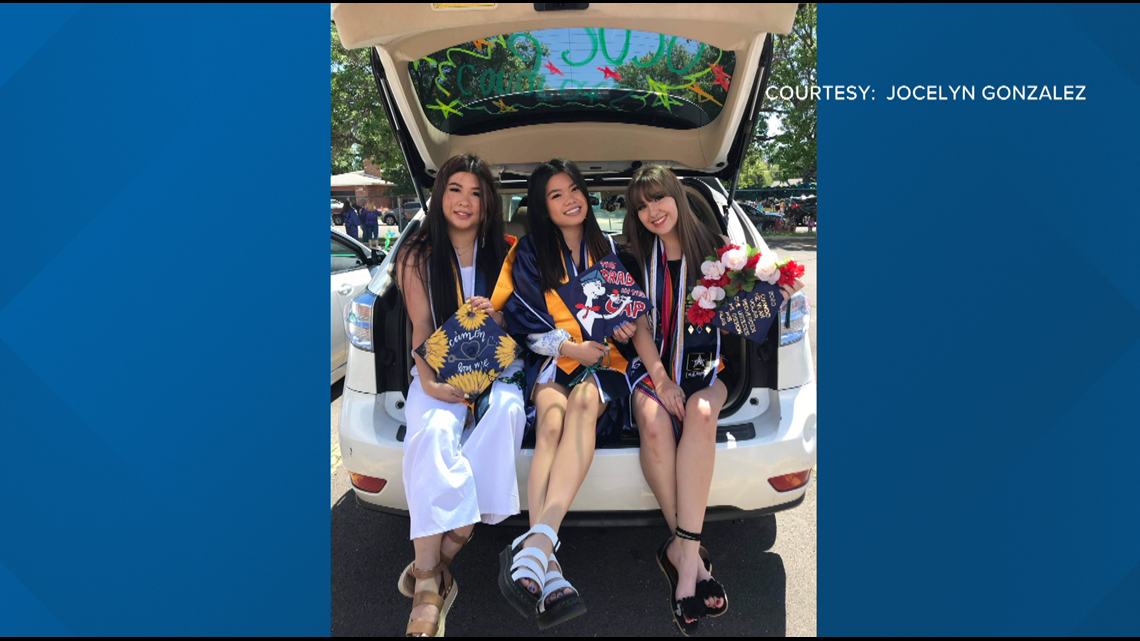
“It’s tough, but it will be worth it,” she said. “It’s going back to that support of people who know what it’s like to be the first-generation student in your family.”
The Denver Scholarship Foundation invited 9NEWS to follow Jocelyn her first semester of college to give some insight to what some first-generation students face. 9NEWS will be checking in with her progress once a month for our First-Gen Feats series.
SUGGESTED VIDEOS: Feature stories

